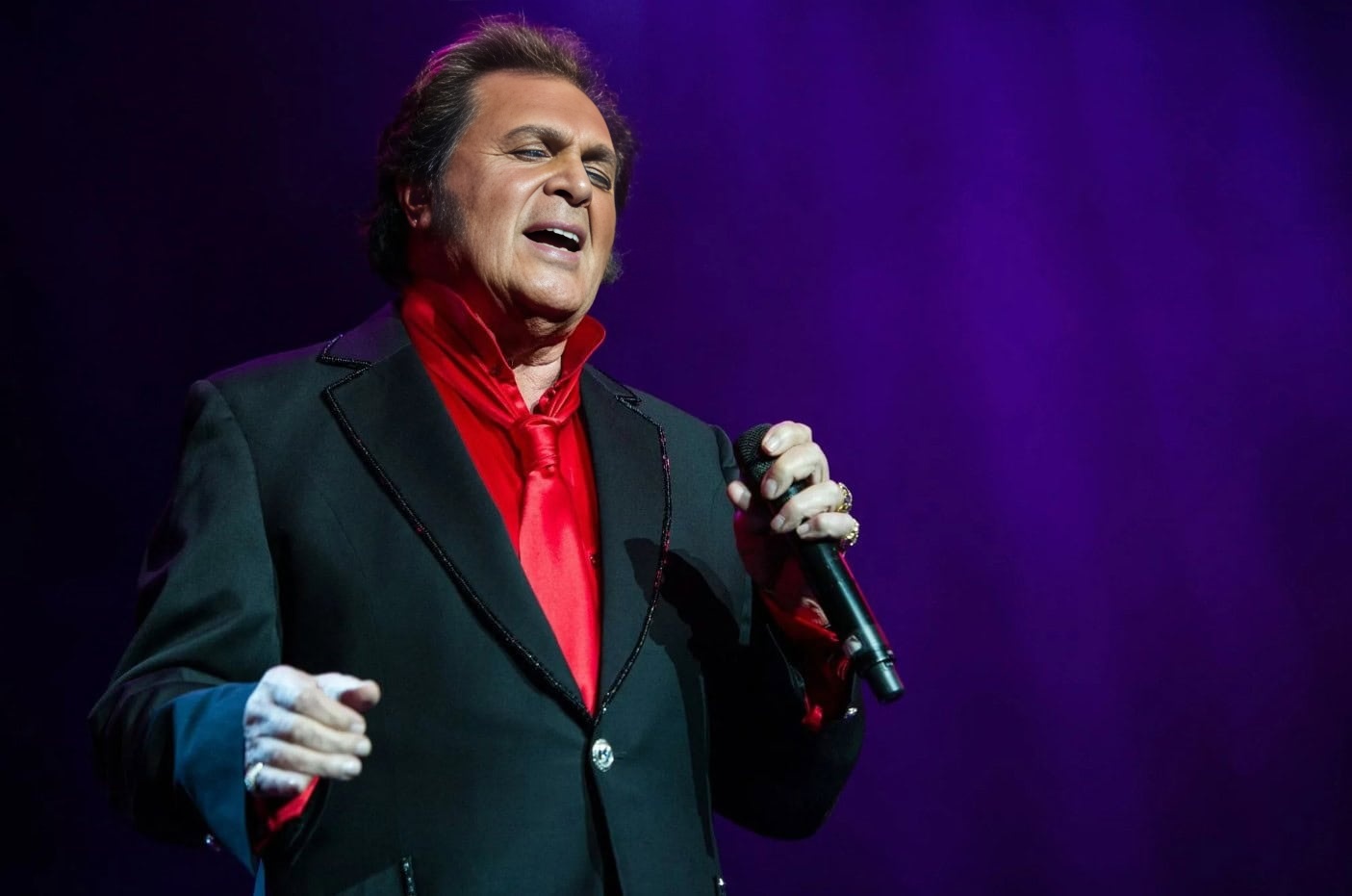
Engelbert Humperdinck, a name synonymous with timeless romance and velvety vocals, is a British pop singer whose career has spanned over five decades. Born Arnold Dorsey in Madras, India, Humperdinck rose to fame in the late 1960s, quickly becoming a heartthrob known for his charismatic stage presence and powerful baritone voice. He has sold over 140 million records worldwide, earning him four Grammy Award nominations, a Golden Globe Award for Entertainer of the Year, and a star on the Hollywood Walk of Fame. He has topped music charts globally with hits like “Release Me,” “A Man Without Love,” and “After the Lovin’.”
Among his vast repertoire, “The Last Waltz” stands out as one of Humperdinck’s most enduring and beloved signature songs. Released in 1967, “The Last Waltz” quickly ascended to the top of the charts, becoming a number-one hit in the UK and achieving international success. The song tells a poignant story of a final dance, a farewell moment steeped in bittersweet memory and the lingering echoes of romance. The lyrics evoke a sense of nostalgia and longing, capturing the universal experience of letting go and cherishing a past relationship.
“The Last Waltz” resonated deeply with audiences upon its release and continues to do so today. Its melancholic melody and Humperdinck’s heartfelt delivery create an emotional connection that transcends generations. Listeners have often described the song as deeply moving, expressing how it reminds them of their own experiences with love, loss, and the enduring power of memory. Its simple yet profound message, coupled with Humperdinck’s captivating performance, has solidified “The Last Waltz” as a timeless classic and a staple in his concerts, ensuring its place in the hearts of fans worldwide.